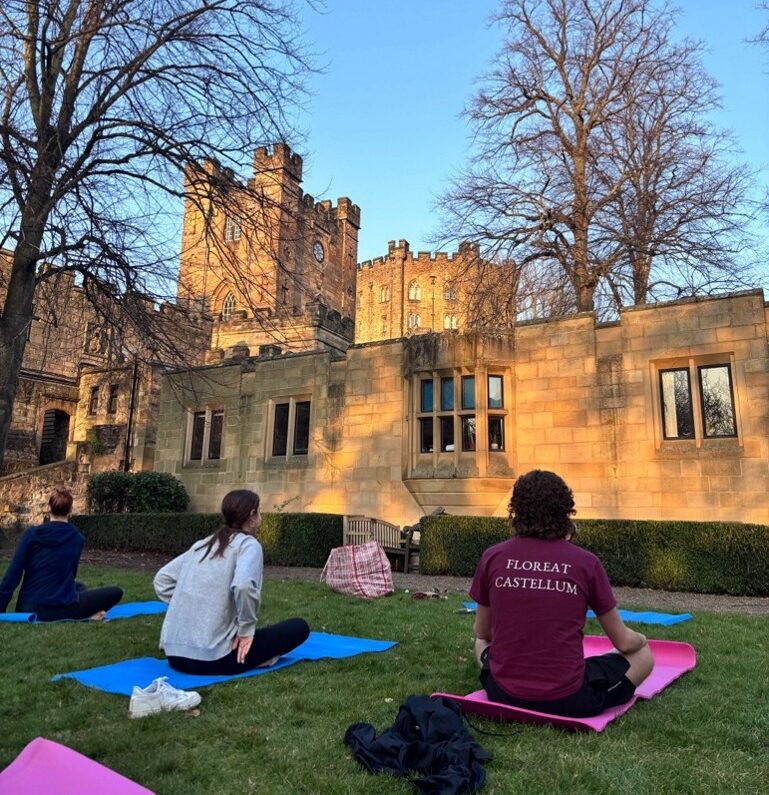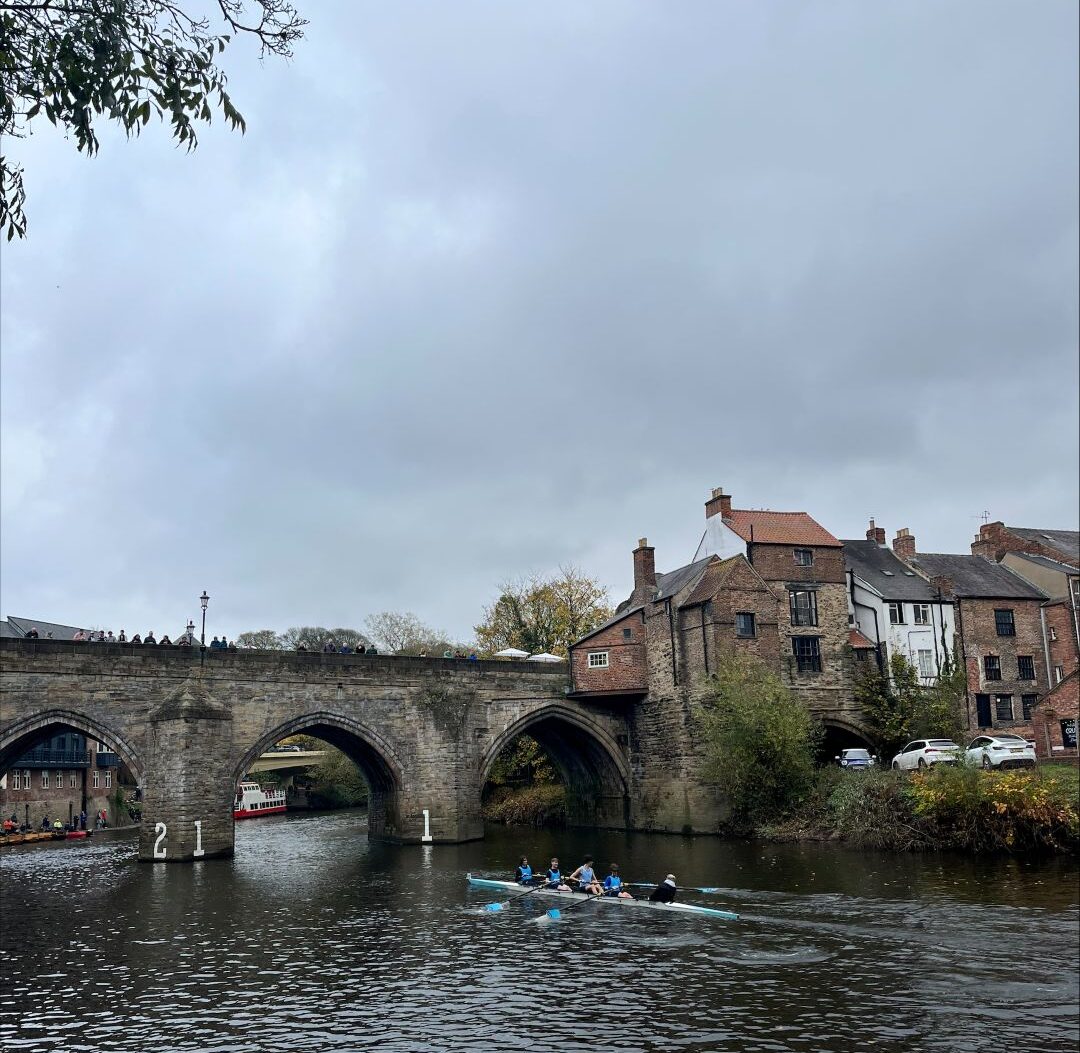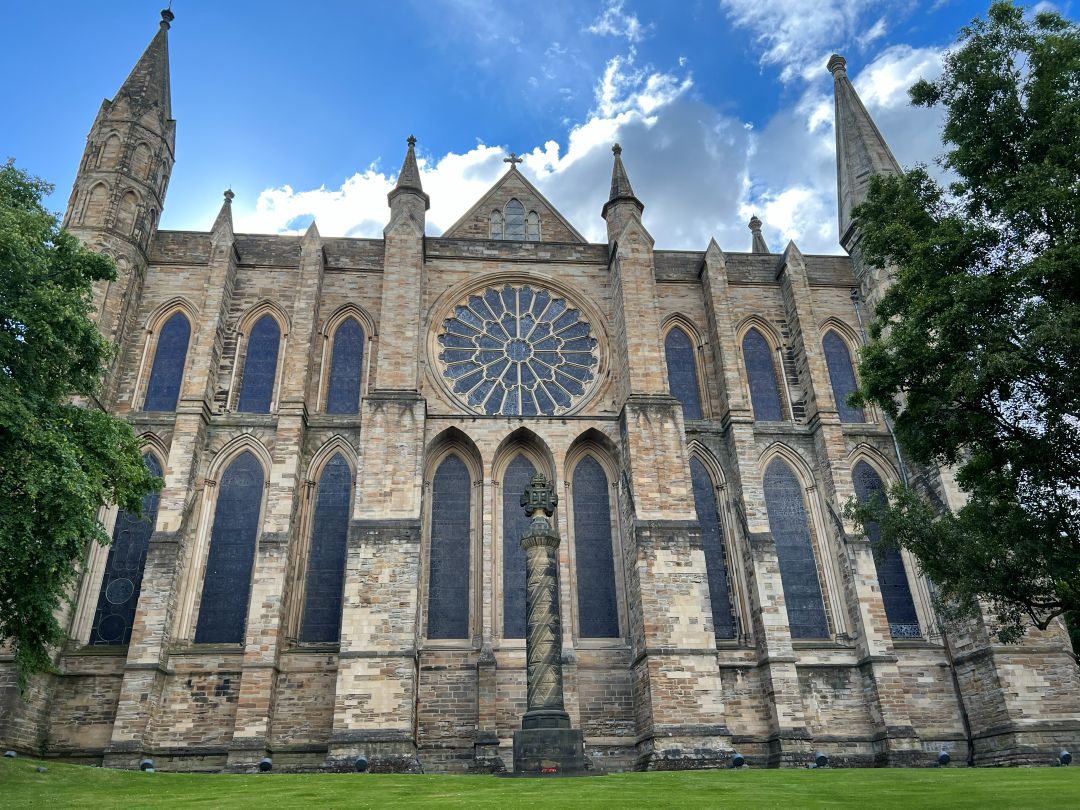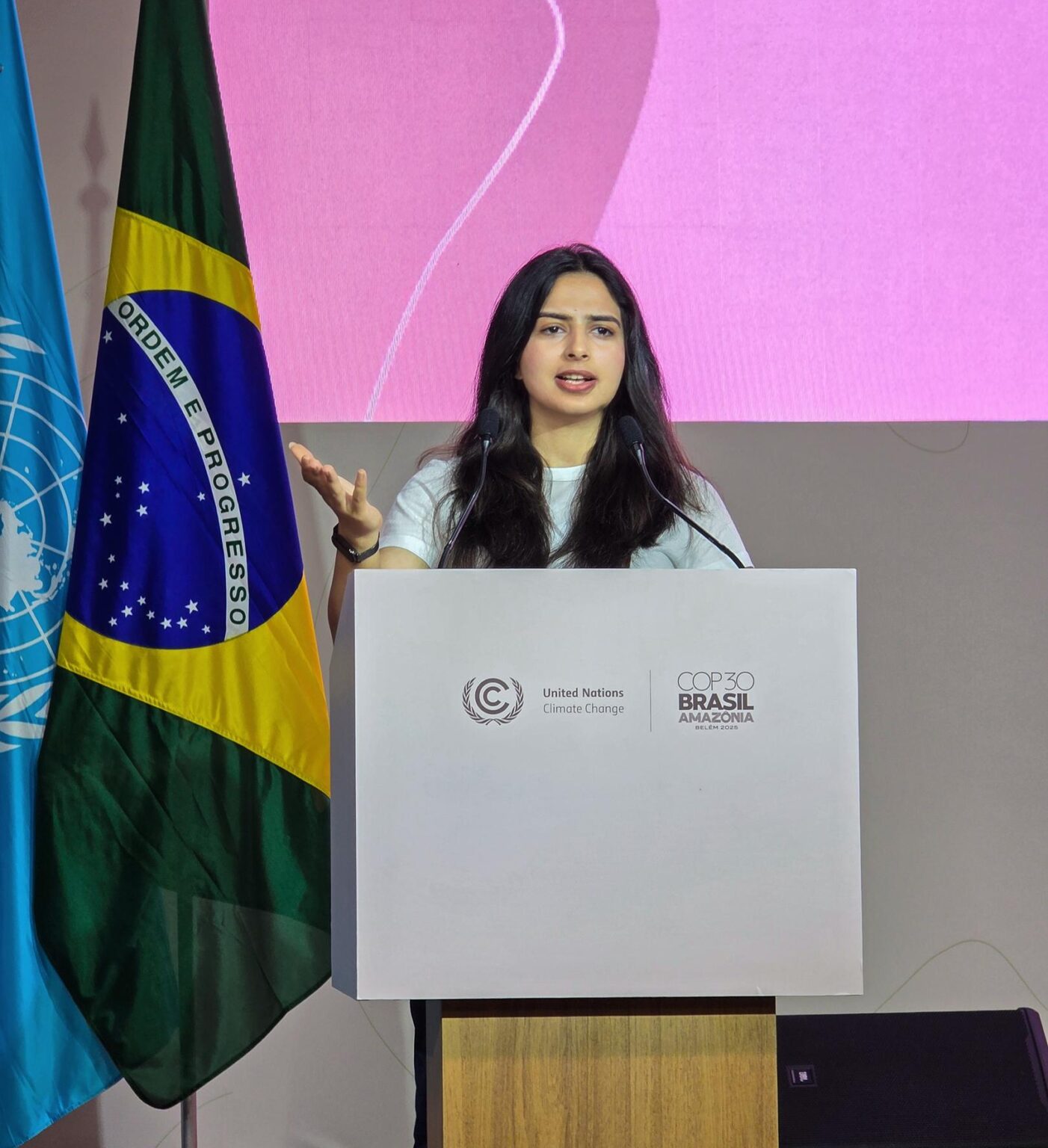In the summer of 2018, I went to Beijing on a two-week exchange programme with my secondary school. Fast forward to the beginning of September 2023, and I found myself once again about to embark on a language programme in Beijing but this time it was for 9 months.
Study life
As a Chinese Studies student, improving my Mandarin proficiency was the main aim of my year abroad. Studying in Beijing at Tsinghua University, the best-ranked university in China, allowed me to do so.
I completed the Intensive Language Programme at both Intermediate and Advanced levels. The intermediate level included the traditional speaking, reading, and writing lessons, however the advanced level offered more intellectually stimulating modules, including Chinese Business and Classical Chinese. These wide-ranging modules provided me with a well-rounded language programme experience.
Lessons were Monday to Friday (except for Wednesdays) from 8am to 11.30am, which allowed for the rest of the day to be spent doing just about anything.
Payment methods and bank accounts
Before arriving in Beijing, my Chinese friends told me to download WeChat, a calling and messaging app. WeChat (alongside the platform Alipay) functions as an e-wallet, allowing users to store bank card details and make online or instore purchases using their phone. You simply open either one of these apps and scan the QR code that the retailer provides you with. It is rare to see Chinese people using their physical cards to make payments.
I soon realised that it is far more convenient to store a Chinese card to these payment platforms, as opposed to an international card. Successfully adding your foreign card to WeChat is really hit or miss.
Therefore, opening a Chinese bank account was a no brainer, especially since many Chinese retailers do not accept cash as a payment method. I quickly realised that China truly has become a more cashless society since the last time I had visited.
Fortunately, opening the bank account was quick and easy, as there is conveniently a Bank of China branch in Tsinghua University.
Campus life
Tsinghua University has a campus area of 460 hectares; it is by far the largest university campus that I have ever seen. Fortunately for students, every crevice of the campus is full of rentable bikes – most of which are Alipay Bikes. You simply scan the QR code on the bike and can enjoy a scenic cycle around campus, cycle to class if you are running late, or make errands to the campus supermarkets.
Alternatively, you can do what I did and buy a cheap bike from one of the many bike shops on campus!
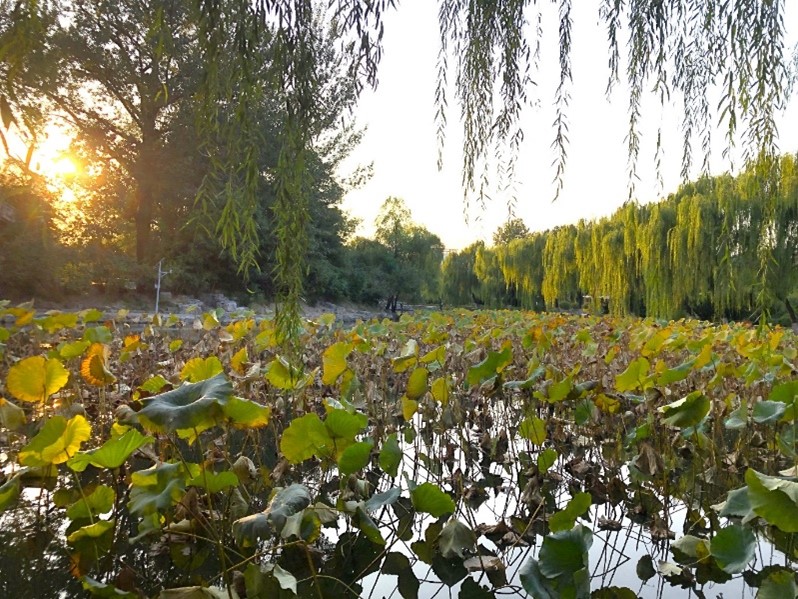
Travel
One travelling highlight was visiting the Gubei Water Town in Beijing, where I climbed the Great Wall (well, attempted to, anyway). I also travelled to Harbin, Tianjin, Qingdao, and Xi’an. Each city offered something completely unique. Harbin offered majestic ice sculptures, whilst Tianjin offered Italian-inspired architecture. Qingdao exposed me to its beautiful coasts and world-renowned beer, whereas the ancient city of Xi’an showed me its impressive collection of Terracotta sculptures.
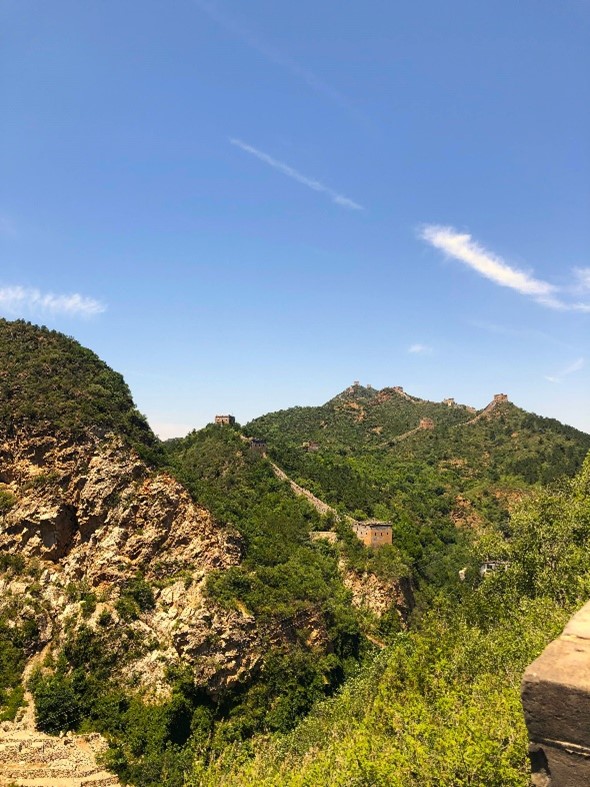

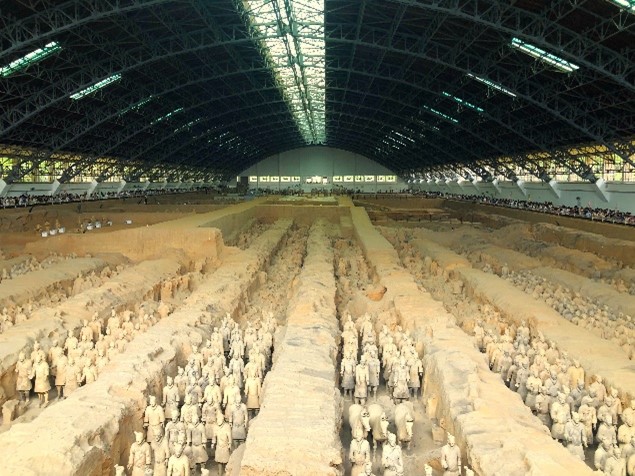
My year abroad in China was truly an amazing experience and has improved my cultural awareness and Mandarin proficiency, as well as allowing me to make meaningful connections to new people and new places.
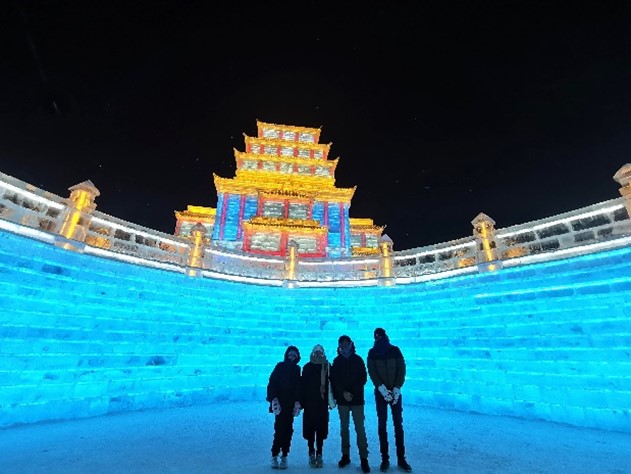
Discover more
Find out more about our Department of Modern Languages and Cultures
Find out how to visit us here
To find out more about student life in Durham follow our students on Instagram, TikTok and YouTube





